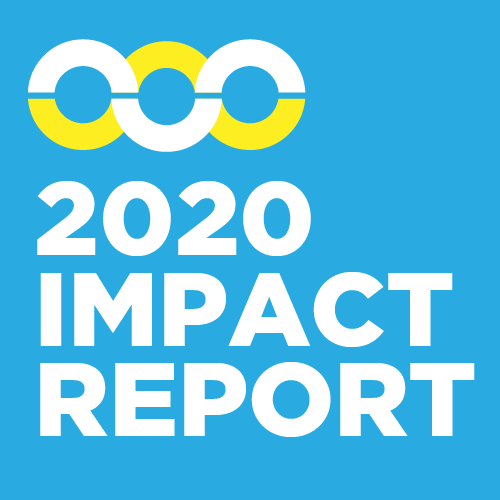The Strategic Victory Fund is committed to learning from previous years and experiences. This commitment drives our belief that sustained investment in key states is critical to progressive successes — in 2020 and beyond.
The “boom and bust” cycle of funding is one of the most predictable challenges that community organizations face. Often, organizations lay off staff immediately following the general election to prepare for funding to dry up in the “off-year.” In the first few months of 2019, SVF provided nearly $4 million in bridge funding for organizations in battleground states working in communities of color or led by a member of the New American Majority. SVF raised these bridge funds in 2018, anticipating this persistent cycle. The bridge funding allowed organizations to not only retain trained and experienced staff, but also to ensure that new funding in late 2019 and 2020 could be used efficiently towards strategic imperatives, rather than rebuilding lost capacity.









